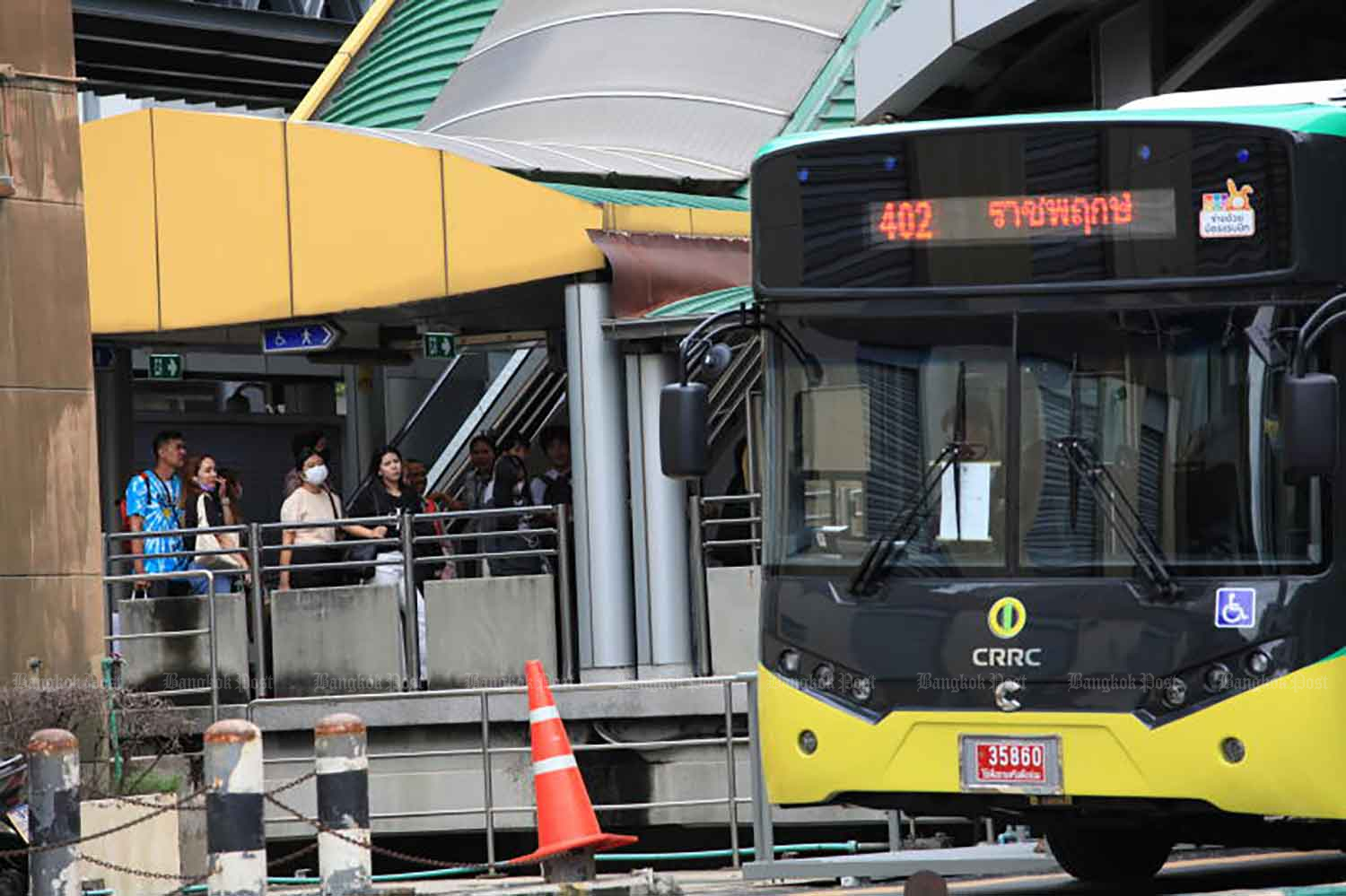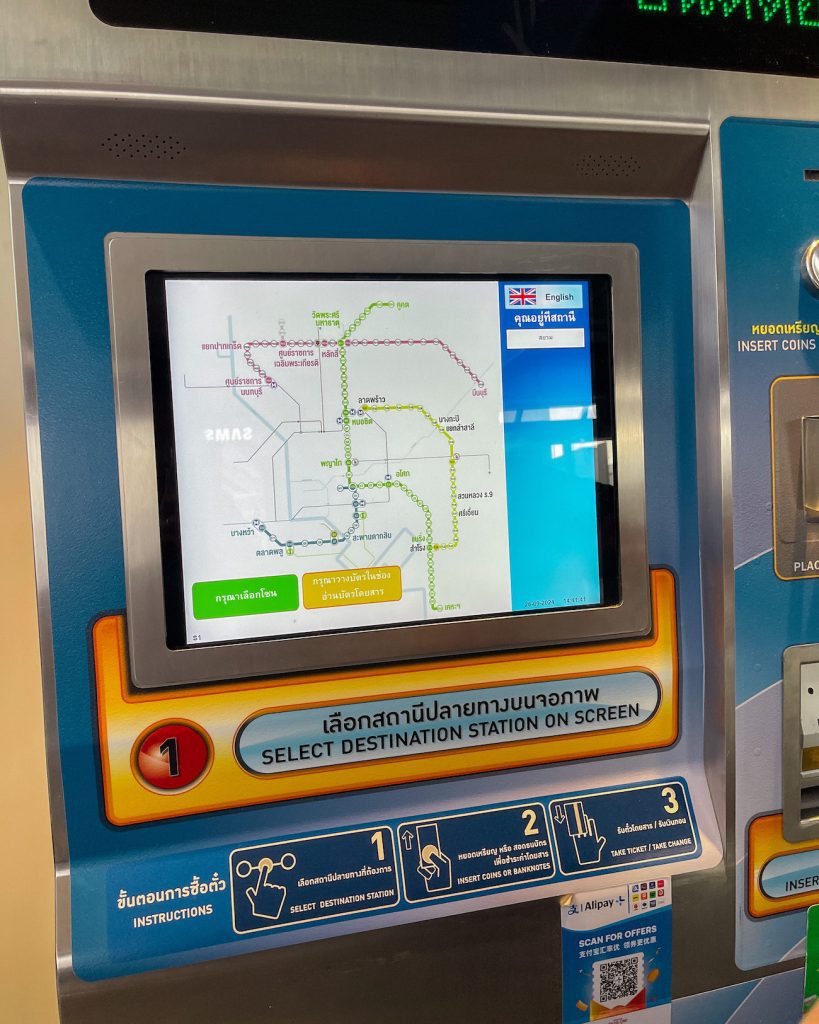Economic Hurdles Persist
Thailand’s small and medium-sized enterprises (SMEs) face dim prospects for the second half of 2025, driven by domestic and global economic pressures, as reported on June 17, 2025. The Federation of Thai SMEs highlighted the Israel-Iran conflict’s ripple effects, alongside a sluggish recovery from the Covid-19 pandemic, as key factors stifling growth for the nation’s 3 million SMEs, which employ 2.76 million workers.
Geopolitical Tensions Impact Economy
Rising Oil Prices Add Strain
Escalating tensions between Israel and Iran, marked by airstrikes targeting Tehran’s alleged nuclear sites, have spiked global oil prices, disrupting fuel transport in the Middle East. This volatility, combined with ongoing trade wars and other geopolitical conflicts, is weakening the global economy, with Thailand’s SMEs particularly vulnerable. The resulting cost pressures threaten profitability for businesses still reeling from prior economic shocks.
Chinese Imports Challenge Manufacturers
500,000 SMEs at Risk
Thailand’s 500,000 manufacturing SMEs face fierce competition from low-cost Chinese imports, which could force many to shutter, warned Federation president Sangchai Theerakulwanich. The influx has intensified market pressures, prompting the Joint Standing Committee on Commerce, Industry, and Banking to urge stricter enforcement of the 1999 Anti-Dumping Act and 2007 Safeguard Measures Act to curb the flood of foreign goods and protect local producers.
Tourism Slump Hurts SMEs
Chinese Arrivals Plummet
A sharp decline in Chinese tourists, down 48% to 297,113 in March 2025 from 573,216 the previous year, has hit SMEs reliant on tourism revenue. Sangchai called for government initiatives to revive the sector, such as targeted marketing campaigns or visa incentives, to boost visitor numbers. A revitalized tourism industry could stimulate consumer spending, providing a lifeline to small businesses in hospitality and retail.
Government Support Urgently Needed
Calls for Economic Stimulus
Sangchai urged the government to introduce measures to enhance consumer purchasing power and bolster the economy, emphasizing SMEs’ critical role in job creation. Proposals include tax incentives, low-interest loans, or subsidies to offset rising operational costs. Without intervention, many SMEs risk folding under the weight of high fuel prices, import competition, and reduced tourism income, threatening Thailand’s economic stability.
Long-Term Strategies for Resilience
Balancing Competition and Growth
To secure SMEs’ future, Thailand must balance import controls with innovation support, such as funding for digital transformation or sustainable practices, as seen in the 2025 Bai Po Awards for sustainable SMEs. Strengthening trade defenses while fostering local competitiveness could shield businesses from external shocks. Collaborative efforts between government, industry, and SMEs are essential to navigate the challenging economic landscape of 2025.
Broader Economic Implications
SMEs as Economic Backbone
With SMEs generating nearly a third of Thailand’s GDP, their struggles signal broader economic risks. A failure to address these challenges could lead to job losses and reduced consumer confidence, further dampening growth. By prioritizing SME support, Thailand can reinforce its economic foundation, leveraging its 2.76 million SME-driven jobs to drive recovery and resilience in an uncertain global environment.









